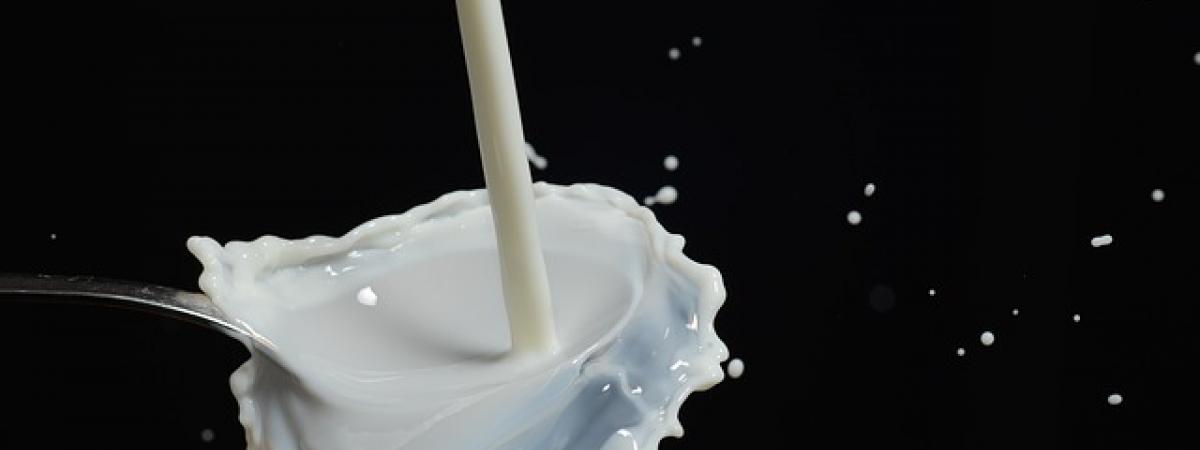The human milk bank

According to doctors, a worldwide “scaling up of breastfeeding to a near universal level could prevent 823,000 annual deaths in children younger than 5 years and 20,000 annual deaths from breast cancer”. But what to do if the milk doesn’t flow?
Battling to breastfeed
When Tiffany gave birth to twins she had hoped to breastfeed to give her girls the best possible start in life. Following a traumatic birth and being naturally shy, she struggled to express milk. Tiffany’s struggles to breastfeed triggered stress hormones that interfered with the let-down, or milk ejection, reflex. The babies were started on formula.
In the UK, 80% of mothers would like to breastfeed their baby for the first six months; in reality only 4% of babies are breastfed by this age. We only lose our “milk teeth” at around the age of 5 or 6; is this a sign that babies should be breastfed well beyond babyhood?
Benefits of breastmilk
I spoke to Dr Natalie Shenker, co-founder of the Hearts Milk Bank, and researcher into the mysteries of milk. She explained that milk contains millions of microbes (including 800 strains of bacteria) providing protection against deadly gut infection in pre-term babies; fats, sugars, vitamins, hormones and immune cells are also are also suckled.
Amazingly, breastmilk consumed as a baby may even confer long-term health benefits: “breastfed babies appear to have a lower risk of infections, obesity, asthma, leukaemia, coeliac disease, heart disease and diabetes”, says Shenker “but we need more research to understand why.”
And while it’s true that it’s better to give than to receive, there appear to be benefits (beyond bonding) to the breastfeeding mother. Shenker is starting up a range of research projects to investigate milk ingredients and the link between breastfeeding and lower risk of certain types of breast cancer; ovarian and endometrial cancer rates are also reduced. Protection against postnatal depression is likely too.
Human milk banks
Tiffany may have managed to breastfeed if given time and support; Shenker explained how milk supply varies with mother’s mood, and that caring for the mother is key. Receiving donated milk for a few days may remove some of the pressure women can feel when it comes to establishing breastfeeding.
For babies born prematurely, breastmilk is a particular blessing, boosting immunity and guarding the gut. Yet, according to Shenker, the mother’s milk can often be in short supply, slowed by the steroids received to delay labour and develop baby’s lungs. Donated milk can be helpful here.
Those who donate are usually those who produce more milk than their baby needs. Bereaved mothers can also donate and for some this will provide comfort; for others it’s simply too sad.
Beyond banking
At the Hearts Milk Bank, the team are looking beyond providing donated milk (essential though that is). They are focussed on better understanding breast milk and changing perceptions so that donor milk will be more readily sought and available to those who need it.
Shenker often used the expression “falling down a rabbit hole” when describing her introduction to the science of breast milk. Like Alice in Wonderland, she knows that she is delving into the unknown, exploring something rather wonderful.
